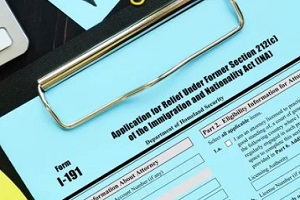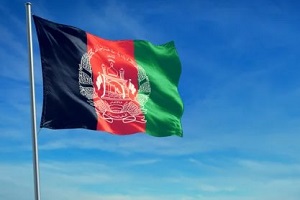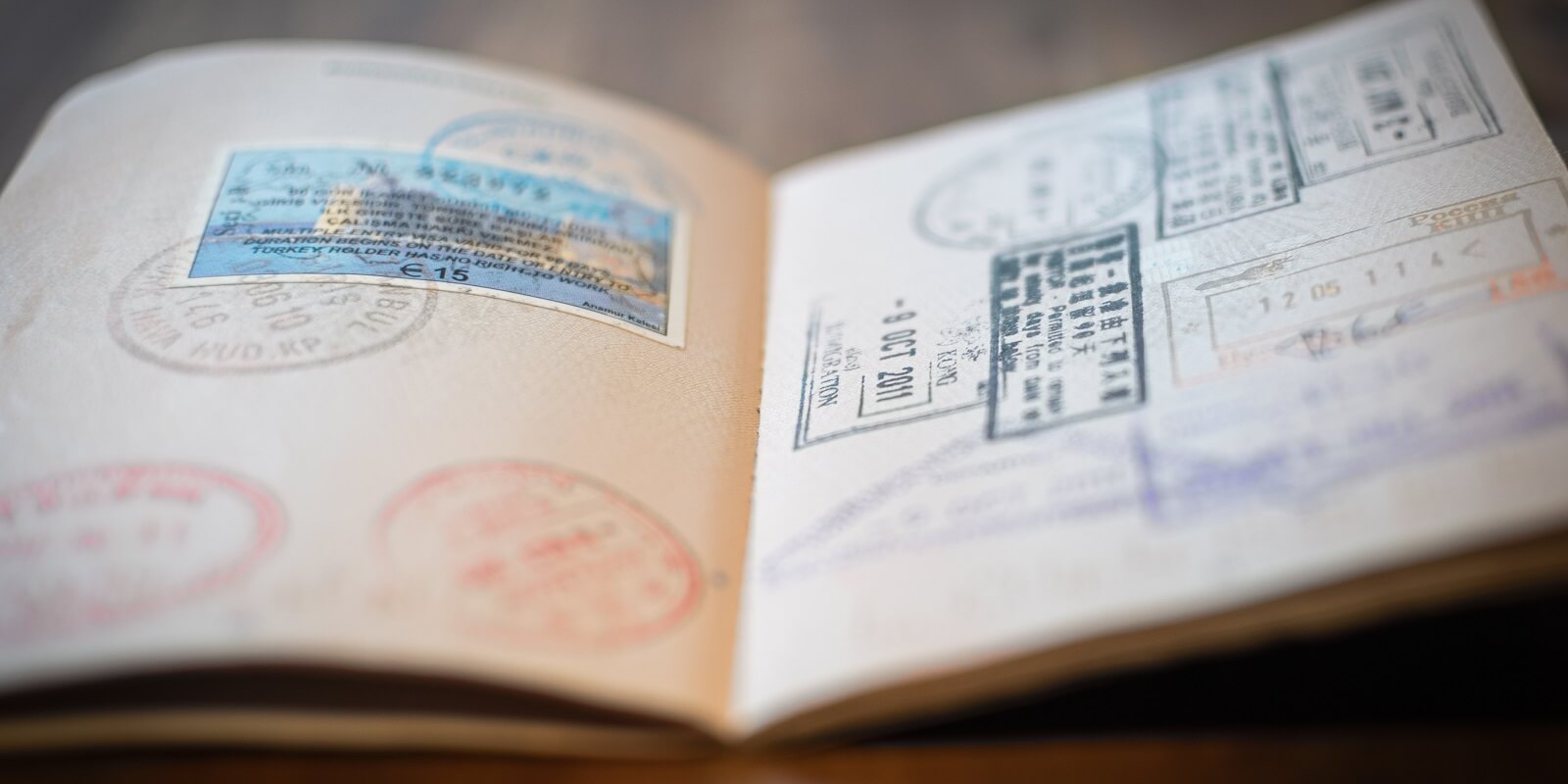People who assisted the American government abroad may get permanent residence through the Special Immigrant Visa (SIV) immigration program. Thousands of refugees have attempted to acquire Special Immigrant Visas since the United States left Afghanistan. There have been several challenges and dead ends in the application procedure. Extreme delays are a result of the meticulous screening of those attempting to leave.
The rule states that the full visa application procedure should not run longer than nine months; however, the program has been beset by backlogs that have caused processing durations to occasionally exceed three years. In this article, we’ll give a general overview of SIVs and address some of the more prevalent queries.
Immigration and Nationality Act Classifications
The Immigration and Nationality Act (INA) of 1952 was amended in 1965, creating the “special immigrant” category in place of the earlier “non-quota immigrants” category. The phrase has 11 different classifications under U.S. law, including the following:
 A legitimate permanent resident returning from an international trip
A legitimate permanent resident returning from an international trip- An immigrant who worked for the U.S. government abroad for 15 years and “gave devoted service”
- A foreign national who worked for a “true nonprofit, religious organization in the United States” as a preacher
- A national of Panama (and their family), if they were working for the Panama Canal Company or the government of the Canal Zone when the Panama Canal Treaty was signed and if their safety was threatened as a result of the treaty.
A legislative study on SIVs from 2021 noted that the aforementioned classifications had a number of commonalities. Special immigrants might be:
- Those who have rendered some kind of public service, either as representatives of the U.S. government or non-profit organizations
individuals whose lives have been endangered because they work for the U.S. government or one of its affiliates. - Knowledge of the most recent interventions in the special immigrant program, including the Iraqi and Afghan Special Immigrant Visas, requires an understanding of these connections.
Programs for Special Immigrant Visas for Iraqis and Afghans
SIVs have experienced a variety of changes over time. The National Defense Authorization Act (NDAA), approved by Congress in 2006, grants special immigration status to translators from Iraq and Afghanistan who serve in the U.S. Armed Forces. Those who received SIVs received legal permanent resident status when they entered the country.
The Refugee Crisis in Iraq Act (RCIA) of 2007 and the Afghan Allies Protection Act (AAPA) of 2009, respectively, expanded the application of the NDAA to cover Iraqi and Afghan nationals generally working for or on behalf of the U.S. government.
2015 saw the introduction of an amendment to incorporate Afghan personnel with the International Security Assistance Force. Proof that these workers participated in potentially hazardous missions for the benefit of the U.S. Armed Forces or that they offered off-base translation services is required.
Eligibility
Afghan nationals must fulfill several standards in order to be qualified for a SIV under the AAPA. The following requirements must be met by the applicants:
 They need to be an Afghan national.
They need to be an Afghan national.- They must always be in danger as a result of working for the U.S. government.
- They must have worked for the U.S. government for at least a year.
- They must have worked for or on behalf of the United States government, or alternatively, they must have been a translator or military aide for the International Security Assistance Force (or a successor mission).
- A letter of recommendation from their senior supervisor, their replacement, or another senior individual must be available.
The applicant may bring their spouse and any minor children who are not married.
Timetable and Expenses
The SIV application process should take nine months, but in practice it takes much longer. Many candidates have been waiting for permission for a very long time. In extreme cases, candidates may have to go to a different nation for their interview.
There are no filing fees related to the visa application process under this program. As a result, the petitioner will be responsible for paying any associated travel costs or legal fees. They will also be responsible for paying for the medical examination.
Contact Us Today!
If you have any questions or concerns regarding who is eligible for a special immigration visa status, please don’t hesitate to reach out to our helpful team of professionals at Pride Immigration today for details and useful information to guide you through the process.
Beeraj Patel, Esq.
Latest posts by Beeraj Patel, Esq. (see all)
- Transitioning to Permanent Residency Through Adjustment of Status for Asylum Seekers - April 14, 2025
- What to Do If Your Employer Withdraws Support During the Green Card Process - March 31, 2025
- How a Green Card Attorney Can Help with Complex Immigration Cases Involving Family Separation - March 17, 2025
